In a recent commentary that has drawn attention across the baseball world, former Atlanta Braves superstar Chipper Jones weighed in on the ongoing drama surrounding the Braves and their former star player, Freddie Freeman. Jones, who spent his entire 19-year MLB career with the Braves, is known for his candid opinions and deep connection to the franchise. His insights shed light on the complexities of player relationships and the expectations that come with being a professional athlete.
The Context of the Drama
The situation between Freeman and the Braves has been fraught with tension since Freeman’s departure from the team after the 2021 season. After years of mutual success and a deep connection with the Atlanta community, Freeman signed a lucrative contract with the Los Angeles Dodgers, leaving many fans feeling blindsided. This decision sparked a wave of emotions, with fans questioning the motivations behind his choice and the dynamics between the player and the organization.
The drama escalated further when it was revealed that Freeman had felt hurt by how the Braves handled negotiations during his final season in Atlanta. He has expressed a mix of gratitude for his time with the Braves and sadness about how things ended. As the narrative developed, it became a hot topic among fans, analysts, and former players alike, raising questions about loyalty, business decisions, and personal relationships in professional sports.
Chipper Jones’ Take
In his recent statements, Chipper Jones made it clear that he believes the responsibility for the drama lies largely with the players involved. “At the end of the day, it’s the player’s decision,” Jones said. “Freddie had to make the choice that he felt was best for him and his family. We can’t forget that baseball is a business, and sometimes emotions cloud that reality.”
Jones’ comments reflect a practical perspective on the complexities of player decisions in the MLB. He emphasized that while emotions are valid, players must ultimately weigh their options carefully, considering factors like contract offers, team dynamics, and long-term career goals. For Freeman, the opportunity to play for the Dodgers—a perennial playoff contender—was a significant factor in his decision to leave Atlanta.
Loyalty vs. Business
The tension between loyalty and business decisions is a recurring theme in sports. Jones acknowledged that fans often romanticize the idea of loyalty, expecting players to remain with one franchise for their entire careers. However, he emphasized that the reality of professional sports is that contracts and negotiations can complicate matters. “Players have to look out for themselves. This is their livelihood,” he noted.
Freeman’s situation highlights this dichotomy. While he is beloved by Braves fans for his contributions to the team, his move to the Dodgers was a calculated decision based on financial security and the chance to win more championships. Jones’ perspective encourages fans to understand that such decisions are not merely personal; they are influenced by the business of baseball and the realities of player careers.
The Impact on the Braves
For the Braves, Freeman’s departure has left a significant void. His leadership, both on and off the field, was invaluable to the team during his tenure. Since his departure, the Braves have had to adjust to life without their former cornerstone player. While they have continued to be competitive, there are undeniably challenges that come with transitioning away from a player of Freeman’s caliber.
Jones pointed out that the Braves must now focus on moving forward rather than dwelling on the past. “You have to let go of what you can’t control. The Braves have a great roster, and they need to continue to build on their strengths,” he said. His comments reflect a belief that while nostalgia is important, it’s crucial for the team to concentrate on present and future successes.
Navigating Fan Reactions
The emotions surrounding Freeman’s departure are palpable among Braves fans. Many feel a sense of betrayal, while others understand the business aspect of the decision. Jones acknowledged that fan reactions are valid but urged for a broader understanding of the situation. “Fans have every right to feel how they feel. But at the end of the day, this is a business,” he remarked.
As the Braves continue to perform in the competitive landscape of Major League Baseball, navigating the mixed emotions of their fanbase will be essential. Jones’ call for perspective serves as a reminder that while player movements can evoke strong feelings, the focus should ultimately be on the team’s ability to succeed on the field.
Looking Ahead
As the Braves move forward, the focus will shift toward their current roster and the upcoming season. Jones emphasized the importance of building a strong team culture that embraces new leadership while honoring the contributions of former players like Freeman. “You want to create an environment where players can thrive, regardless of past connections. That’s how you build a championship team,” he said.
For Freeman, the journey with the Dodgers will also continue to evolve. He remains a key player in Los Angeles, and how he navigates his new role while reflecting on his time in Atlanta will be closely watched by fans and analysts alike.
Conclusion
Chipper Jones’ insights on the Braves-Freddie Freeman drama provide a valuable perspective on the complexities of player movements in Major League Baseball. By emphasizing the player’s role in making decisions and the business realities of the sport, Jones encourages fans to adopt a more nuanced understanding of the situation.
As the Braves focus on their future and Freeman continues his journey with the Dodgers, the dynamics of loyalty, business, and personal choices will remain central themes in the conversation surrounding both parties. Jones’ comments serve as a reminder that in the ever-evolving world of professional sports, understanding the motives and decisions of players can lead to a deeper appreciation of the game itself.

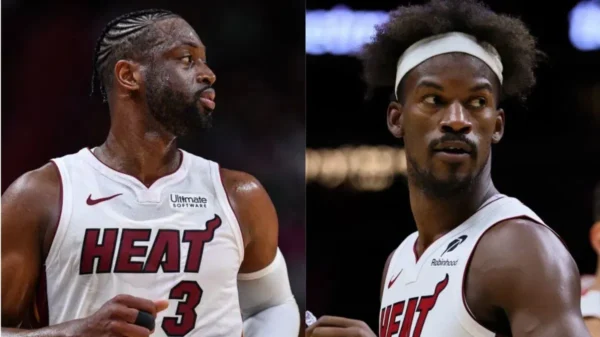
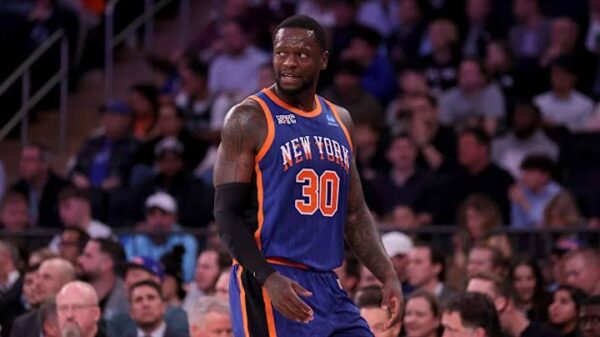
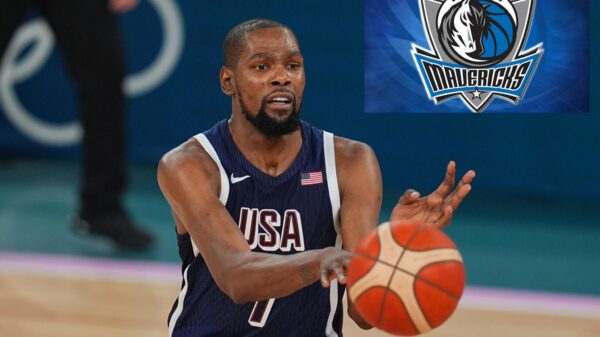
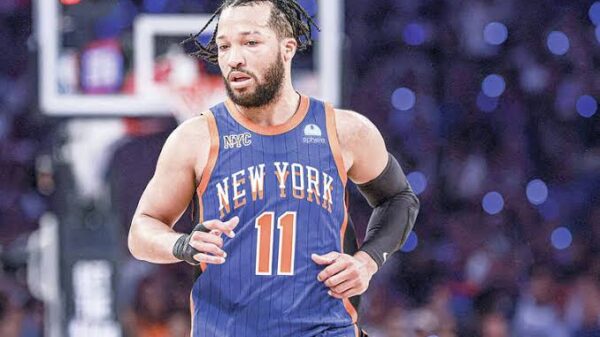


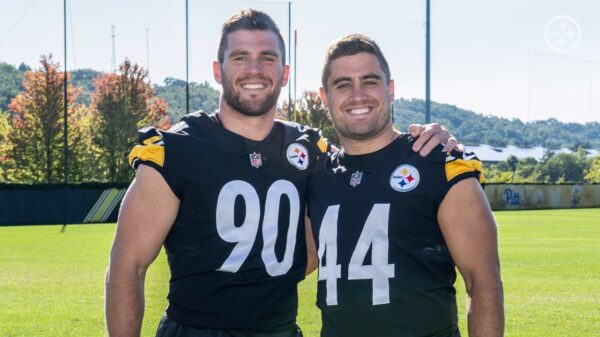
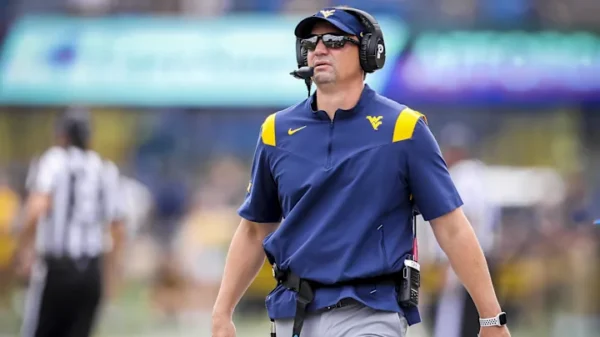
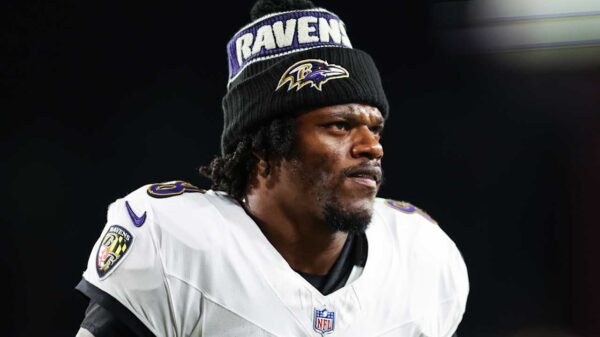

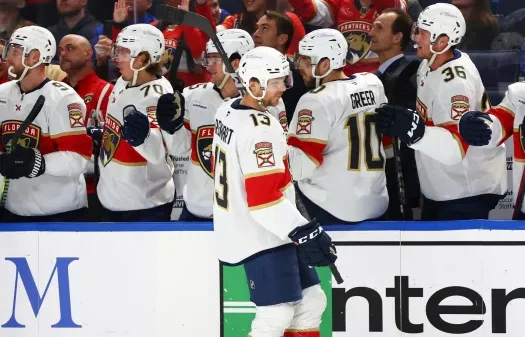

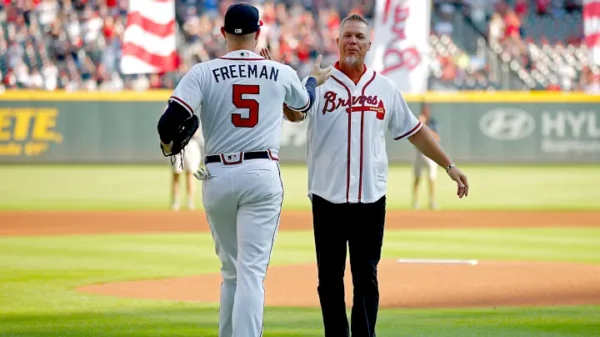
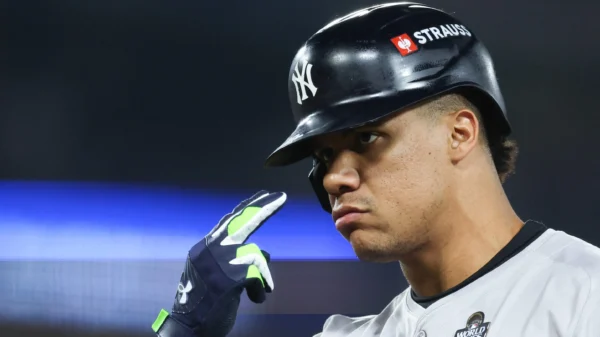
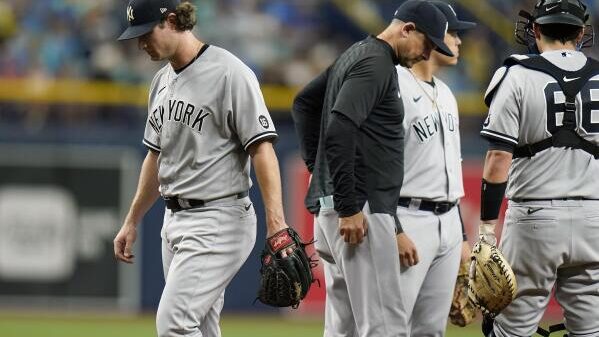









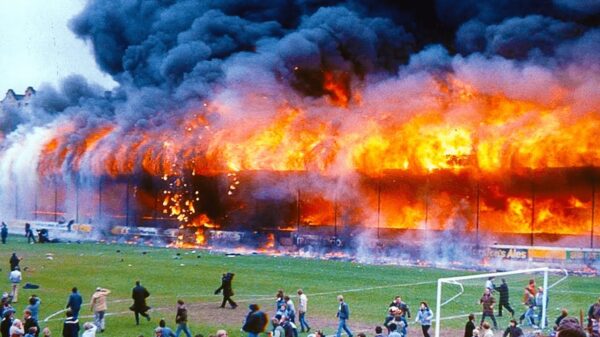



Recent Comments